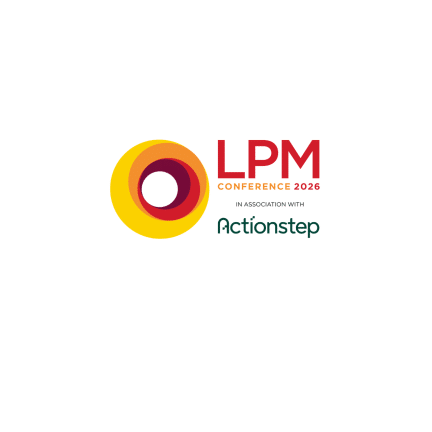
Does your firm have the right attitude to AI?
The news that international law firm Hill Dickinson restricted access to various AI tools after staff usage in the firm skyrocketed highlights the tricky balancing act firms have when it comes to AI adoption, writes Kris Roberts, head of innovation and digital marketing at the MAPD Group
Having devised and rolled out an AI policy across the nine firms in our group over the past year, I can fully appreciate the challenges faced by other organisations. Despite its challenges, tackling AI governance head on in the early days is essential to ensuring safe and proper deployment in the long run.
Implementing an AI policy is not easy. Encouraging colleagues to embrace it is less easy still.
An AI policy is unlike most other business policies in that it will remain iterative simply because of the constantly evolving nature of the beast. Thinking that you’ve introduced a policy and that it — job done — will mean your policy quickly becomes obsolete.
The development of an AI policy must be rooted in practicality, adaptability and a deep understanding of the professional culture in which you are operating.
From the outset, our mindset has been to create a flexible, real-world strategy to AI that encourages responsible adoption rather than conscious avoidance. We want people in our business to actively use and embrace AI to achieve the best possible client outcomes, and foster a culture of creativity and innovation.
For us, imposing a ban or restricting how colleagues can use a tool automatically sets you off on the wrong foot. This will inevitably lead to suspicion and nervousness, which in turn will impact adoption, and stifle innovation and creativity.
For successful deployment, we knew we needed to get colleagues to a point where they were curious and could explore AI to suit the needs of their practice.
Our message to lawyers is clear: It’s about using AI to do what it does best so that you can do what you do best. It’s about assisting you, not replacing you.
Much like the policy itself, our implementation was iterative too. We started by engaging with and training departmental heads on how to interpret and apply the policy after all, they are the ones most likely to face questions from their teams.
A department specific approach was essential, recognising that the usage of AI for a commercial lawyer will likely be very different to the needs and usage of a civil liberties lawyer. By empowering our team leaders with a deep understanding of the policy we have been able to adopt the policy flexibly and effectively in practice-specific contexts.
Further, AI is becoming part of new team member inductions, with further training provided whenever there is a substantive update. It is important that new joiners understand they are a joining a business that is actively embracing and encouraging the use responsible use of AI to enhance their working lives and deliver better client outcomes.
Used correctly, AI is a game changer. By avoiding rigid rules, promoting thoughtful usage, training leadership, and maintaining a dynamic framework, MAPD is fostering an environment where AI can be leveraged for maximum benefit without compromising legal standards.



